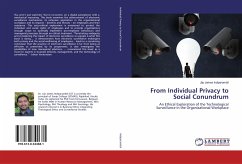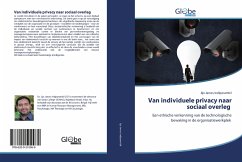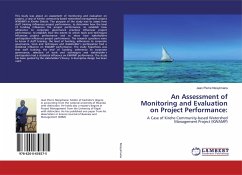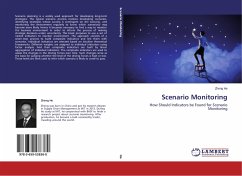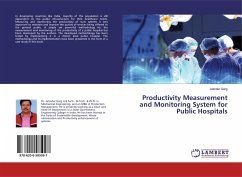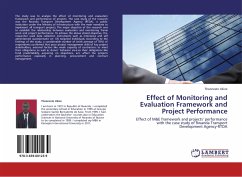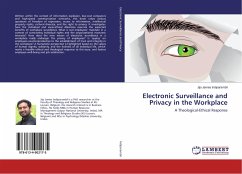
Electronic Surveillance and Privacy in the Workplace
A Theological-Ethical Response
Versandkostenfrei!
Versandfertig in 6-10 Tagen
25,99 €
inkl. MwSt.

PAYBACK Punkte
13 °P sammeln!
Written within the context of information explosion, low-cost computers and high-speed communication networks, this book raises various questions of freedom of expression, access to information, intellectual property rights, cultural diversity, and the right to privacy. It investigates how the individual and socio-ethical dilemmas overrule the expected benefits of workplace surveillance. What is real employees' mandate in a context of contrasting individual rights and the organizational economic interests? How does the new means of electronic surveillance in a workplace really endanger the pri...
Written within the context of information explosion, low-cost computers and high-speed communication networks, this book raises various questions of freedom of expression, access to information, intellectual property rights, cultural diversity, and the right to privacy. It investigates how the individual and socio-ethical dilemmas overrule the expected benefits of workplace surveillance. What is real employees' mandate in a context of contrasting individual rights and the organizational economic interests? How does the new means of electronic surveillance in a workplace really endanger the privacy of employees? Is 'spying' on employees counterproductive to the establishment of trust and integrity in the workplace? A humanistic perspective is highlighted based on the values of human dignity, solidarity, and the holiness of all individual life, which marks a feasible ethical and theological response to this issue, and fosters employee well-being and job satisfaction.



